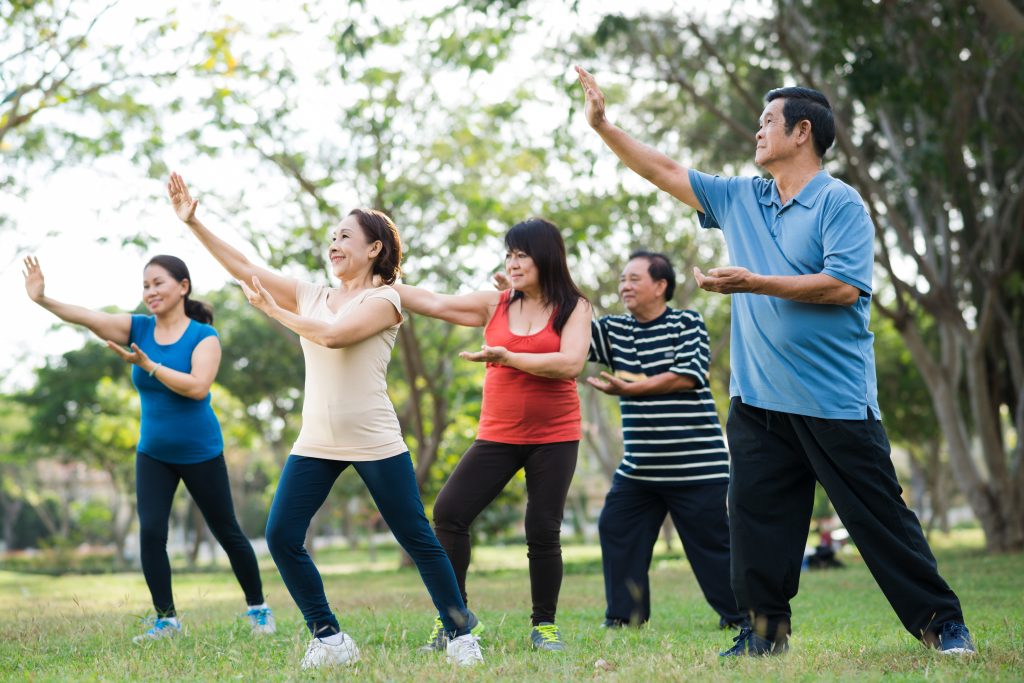Living with rheumatoid arthritis means living with your own body having turned against you. The morning stiffness that makes getting out of bed a nuisance. The unpredictable flare-ups that can derail your plans at a moment’s notice. The constant worry about what activities might trigger your next bout of joint pain and swelling.
For the 1.3 million Americans dealing with rheumatoid arthritis, traditional medications often serve as the first line of defense against chronic inflammation. Disease-modifying antirheumatic drugs (DMARDs) and biologics can provide significant relief for many people.
However, these conventional treatments don’t work for everyone. Some patients experience concerning side effects, while others find their symptoms persist despite medication.
If you’re among those seeking alternatives to traditional rheumatoid arthritis treatment, you’re not alone. A growing number of people are exploring complementary therapies that work alongside or in place of conventional medicine. This includes physical therapy and related treatments that our team at Excel provide throughout St. Louis County.
Non-medicated therapies for RA
Alternative treatments for rheumatoid arthritis encompass a wide range of evidence-based and homeopathic approaches that don’t rely on pharmaceutical intervention. These therapies focus on addressing inflammation, pain, and mobility challenges through natural methods that work with your body’s healing processes.
- Heat and cold therapy: Heat therapy, including warm baths or heating pads, helps relax muscles and improve circulation around affected joints. Cold therapy, such as ice packs or cold compresses, can reduce acute inflammation and numb pain during flare-ups.
- Acupuncture: This ancient practice involves inserting thin needles into specific points on the body to promote healing and pain relief. Many RA patients report reduced joint pain and improved mobility following acupuncture sessions. However, extremely few scientific studies have been able to show a positive effect from treatments with large numbers of patients.
- Massage therapy: Therapeutic massage can improve circulation, reduce muscle tension, and promote relaxation. For people with RA, gentle massage techniques can help maintain joint flexibility while providing relief from the muscle stiffness that often accompanies chronic inflammation.
- Mind-body practices: Stress management plays a crucial role in RA symptom control, as emotional stress can trigger inflammatory responses. Techniques such as meditation, deep breathing exercises, and progressive muscle relaxation can help reduce overall stress levels and may contribute to fewer flare-ups.
- Nutritional approaches: While not a standalone treatment, dietary modifications can support overall joint health. Foods like fatty fish, leafy greens, and colorful fruits may help reduce systemic inflammation. Significant dietary changes should be discussed with your doctor or a nutritionist.
In addition to all these options typically offered to RA patients who must or want to avoid medication, physical therapy is often recommended for natural pain relief and functional benefits.
How physical therapy can help
Physical therapy stands out as one of the most effective evidence-based alternative treatments for managing rheumatoid arthritis symptoms. Unlike passive treatments that you simply receive, physical therapy empowers you with tools and techniques you can use independently to manage your condition.
Part of the benefit of physical therapy is that your treatment plan is tailored specifically to your needs and ability level. Some of the principle techniques utilized may include:
- Joint mobility and range of motion: Through guided stretching exercises and joint mobilization techniques, our PTs help prevent the stiffness and contractures that can develop when RA limits your natural movement patterns. These interventions are particularly important for maintaining function in your hands, wrists, and other commonly affected joints.
- Strength training and conditioning: Maintaining muscle strength around affected joints provides crucial support and stability when inflammation increases pain and stiffness. Physical therapists design safe, progressive strength training programs that account for your current symptoms and limitations.
- Pain management techniques: Our Physical Therapists employ various manual therapy techniques to address pain and inflammation. These may include gentle joint mobilizations, soft tissue massage, and specialized techniques designed to reduce swelling and improve circulation around affected areas.
- Movement education and body mechanics: Learning how to move efficiently can significantly reduce joint stress during daily activities. Physical therapists analyze how you perform common tasks and teach modified techniques that minimize strain on inflamed joints.
- Personalized exercise plans: Regular exercise is essential for managing RA symptoms, but knowing what types of movement are beneficial versus harmful can be challenging. During treatment for RA, your physical therapist can create a personalized exercise programs that promotes joint health while respecting your current limitations and symptoms.
- Adaptive equipment and assistive devices: When appropriate, physical therapists can recommend and train you to use assistive devices that reduce joint stress. This might include ergonomic tools for daily tasks, supportive braces for specific joints, or mobility aids that help you maintain an active lifestyle.
- Personalized treatment plans: Perhaps most importantly, physical therapists understand that RA affects each person differently. Your treatment plan will be tailored to your specific symptoms, goals, and lifestyle needs as they change during the course of treatment.
The collaborative nature of physical therapy means you’ll develop a partnership with your therapist, learning to recognize early signs of flare-ups and implementing appropriate modifications to your routine. This education component empowers you to take an active role in managing your condition rather than simply responding to symptoms as they arise.
Find natural relief from RA in St. Louis
Managing rheumatoid arthritis doesn’t have to mean accepting limitations or relying solely on medications that don’t feel right for your situation. Alternative treatments offer valuable options for reducing pain, maintaining mobility, and improving your overall quality of life.
Learn more about your options for non-medicated RA treatment by calling a nearby Excel Sports & Physical Therapy clinic or by requesting an appointment online today.
